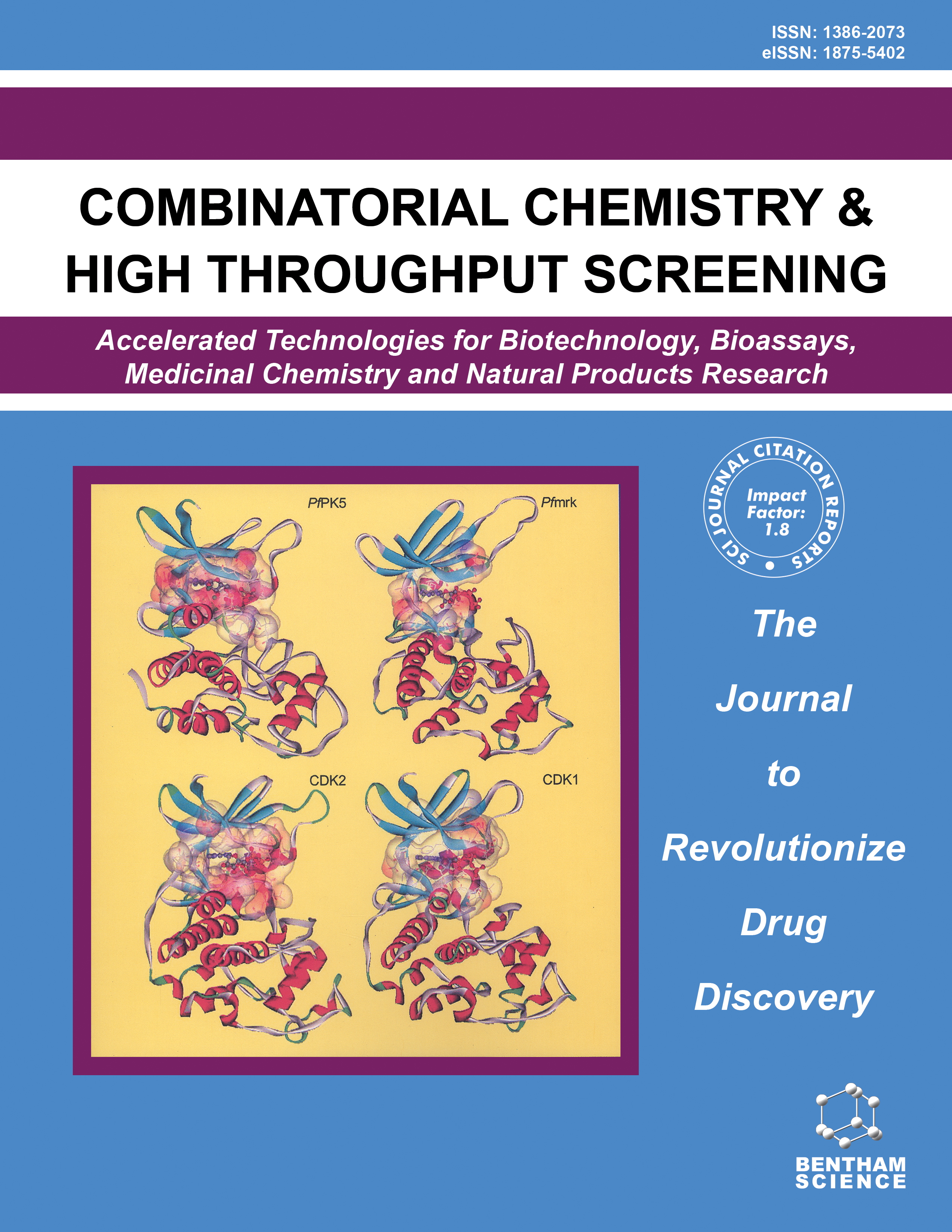
Full text loading...
Immune Checkpoint Inhibitors (ICIs) are becoming a new treatment approach for patients with unresectable hepatocellular carcinoma (uHCC). However, the results regarding its efficacy compared with the standard regimen of targeted therapy are not consistent.
Our aim was to conduct a meta-analysis of existing studies to reveal the differences in the efficacy and safety of the two systems of treatment.
The related studies were searched in PubMed, Web of Science, the Cochrane Library, and Embase from inception to June 30th, 2022. Data on overall survival (OS), progression-free survival (PFS), objective response rate (ORR), disease control rate (DCR), and rate of treatment-related adverse events (TrAEs) with their 95% confidence intervals (CI) were pooled and analyzed by Stata 12.0 software.
A total of ten high-quality controlled clinical studies with 5,539 patients with uHCC were included. The hazard ratio (HR) of the OS and PFS were 0.80 (95% CI, 0.74-0.86) and 0.72 (95% CI, 0.58-0.89), respectively. In addition, the odds ratio (OR) of the ORR and DCR were 3.39 (95% CI, 2.75-4.17) and 1.20 (95% CI, 0.84-1.73), respectively. The ORR of ICIs monotherapy, ICIs plus anti-vascular endothelial growth factor (VEGF) and ICIs plus ICIs were 16% (95% CI, 0.13-0.18), 17% (95% CI, 0.10-0.27), and 20% (95% CI, 0.16-0.24), respectively. For all included studies, the OR of the overall TrAEs was 0.51(95% CI, 0.22-1.18), and grade ≥ 3 TrAEs was 0.78 (95% CI, 0.53-1.14).
ICIs were more effective than targeted drugs concerning survival periods and ORR in patients with uHCC while maintaining a stable safety profile.

Article metrics loading...

Full text loading...
References


Data & Media loading...
Supplements

